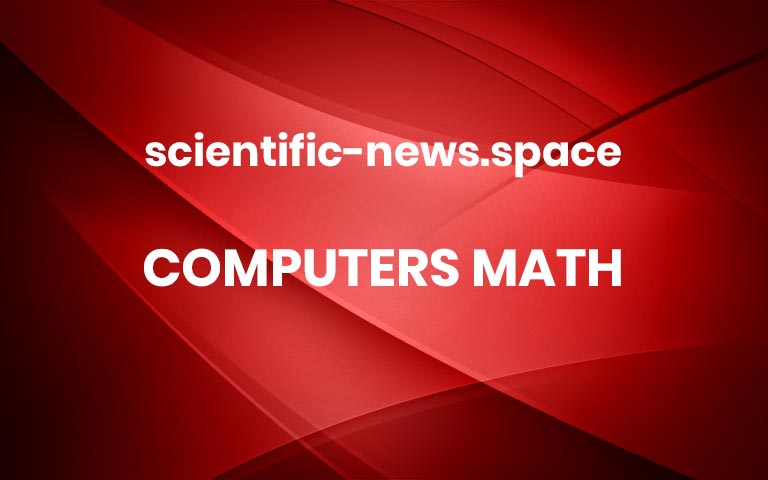2D semiconductors found to be close-to-ideal fractional quantum hall platform
Columbia University researchers report that they have observed a quantum fluid known as the fractional quantum Hall states (FQHS), one of the most delicate phases of matter, for the first time in a monolayer 2D semiconductor. Their findings demonstrate the excellent intrinsic quality of 2D semiconductors and establish them as a unique test platform for […] More


